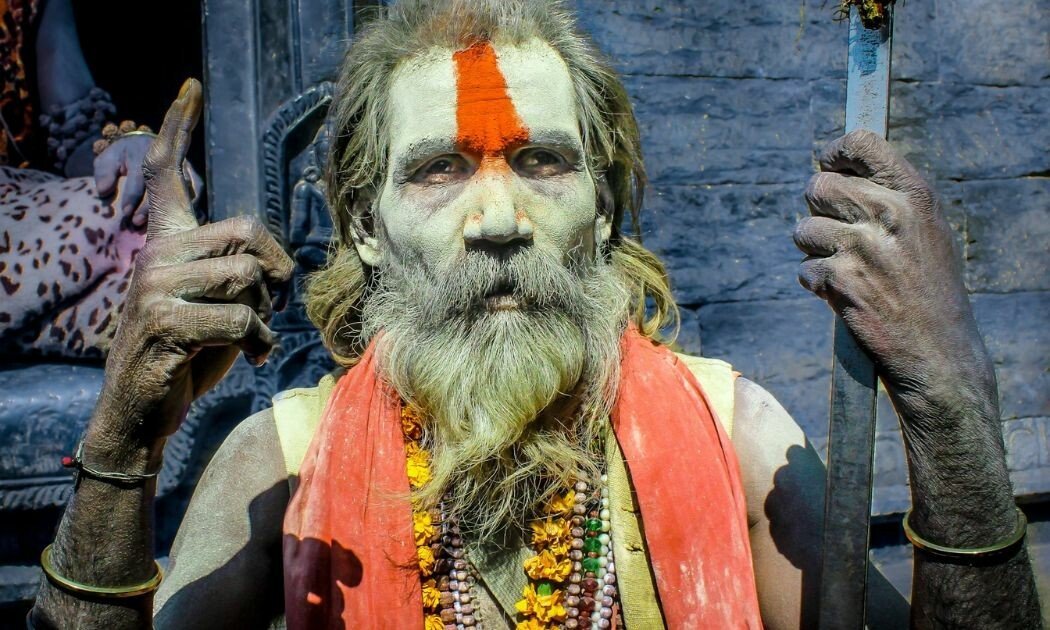RSS Takes 8,000 ‘Vulnerable’ Dalit Students to Maha Kumbh
Behind RSS’s Concerns Over Dalit ‘Conversions’ to Christianity
Commentary, By Vishal Arora
January 17, 2025
Photo by Animesh Bhattarai on Unsplash
The Rashtriya Swayamsevak Sangh (RSS) is reportedly hosting around 8,000 students, who are underage, from Dalit and disadvantaged communities at the ongoing Maha Kumbh in Prayagraj, Uttar Pradesh. The aim is to familiarise them with Hindu traditions and Indian culture, preventing them from becoming vulnerable to religious conversions. However, this move undermines the autonomy and sovereignty of the Dalit community and contravenes the Indian Constitution.
“The objective of taking the students for ‘Kumbh darshan’ is to make them aware of India’s rich traditions and culture as well as the spiritual aspect of the Maha Kumbh,” The Indian Express quoted Ramji Singh, instructor of Seva Bharti schools in Awadh region, as saying. “This will help when (Christian) missionaries reach their localities and try to convert them claiming they are not Hindus.”
Let us examine this issue from the perspective of “locus standi,” a legal term referring to the right or capacity of an individual or entity to bring a lawsuit or appear before a court. To establish locus standi, the party must demonstrate a sufficient connection to and harm from the law or action challenged, ensuring that the court hears cases from those directly affected rather than from “third parties” with no stake in the matter. In this context, we should assess whether the RSS has a legitimate interest in the issue of Dalits converting to Christianity.
From the language used in Singh’s quote above, the hosting of Dalit students is a response to the alleged activities of Christian missionaries, whom the RSS views as its rivals. Therefore, in this context, the RSS constitutes the “first party” seeking to oppose the missionaries, the “second party,” while claiming to protect the Dalits, the “third party,” from missionary influence.
The issue of “conversion” does not concern the Dalits themselves; they do not perceive missionaries as their adversaries. Instead, it seems the RSS is seeking to construct a narrative that portrays missionaries as enemies of the Dalit community. Moreover, this messaging is directed towards an audience below the age of 18.
The RSS has the right to criticise missionaries, which they routinely do. In the ensuing “discussions” about conversions, segments of the Dalit community who have access to such debates may be influenced and act in accordance with their conscience and beliefs. This is entirely justifiable. However, what the RSS is seeking to do at Maha Kumbh—persuading Dalits not to convert, despite religious freedom being a constitutional right that belongs to all equally—will only create social rifts, which are detrimental to any society.
Now, let’s change the perspective, looking at the Dalits’ conversion to Christianity.
The majority of India’s Christians come from Dalit backgrounds, having “chosen” to convert to Christianity. If they had been “lured,” “forced” or “coerced,” as the RSS claims, they would have abandoned Christianity long ago. After all, how long can missionaries continue to “lure,” “force” or “coerce” millions of people?
As the “first party” in their decision to convert and remain in their adopted faith, Dalit individuals have exercised their personal sovereignty and the right to freedom of religion or belief by choosing to embrace Christianity through Christian missionaries, the “second party.” What role does the RSS play here, other than being the “third party”?
The role of the RSS as a third party is quite peculiar.
The RSS is urgently attempting to persuade the Dalit community that they are vulnerable to religious conversions and that those who have converted are “victims.” Have you ever witnessed a group of Dalit Christians protesting against their conversion to Christianity? Yet, the RSS continues to vociferously campaign about conversions—an issue that, in reality, has no victims.
Why does the RSS view Dalits or disadvantaged people as “vulnerable” to religious conversions? Legally, all adults have the right to vote. If they are capable of making voting decisions, can’t they decide for themselves in matters of religion? Or are they considered vulnerable because of their economic poverty? Does the RSS perceive them as individuals who would trade their conscience for money?
Perhaps, the RSS believes that Christian missionaries are too clever and can outsmart disadvantaged sections of society, which is why these individuals do not realise they are being lured or coerced into converting. However, this has not been proven despite the enactment of stringent “anti-conversion” laws by several states.
These laws are based on the presumption that Christian missionaries offer money or use force to convert Hindus, Dalits or tribals to Christianity. However, the conviction rate under this legislation has been negligible, despite regular complaints being registered against members of the Christian minority. Not surprisingly, in the majority of these cases, the complainant is a third party, and no victim is identified.
In October 2023, Article 14 examined 101 complaints filed under the Uttar Pradesh anti-conversion law and found that 63 of these complaints were made by third parties, primarily Hindu nationalist groups, including members of the RSS.
Further, Dalits frequently convert also to Buddhism in large numbers during Ambedkar Jayanti and other occasions, continuing the legacy of Dr. B.R. Ambedkar’s mass conversion movement aimed at social emancipation and spiritual upliftment. In fact, while conversions to Christianity among Dalits also occur, driven by similar motivations for social justice and personal faith, the number of Dalits embracing Buddhism typically surpasses those converting to Christianity.
Anti-conversion rhetoric in the country is therefore not only targeted at Christian and Muslim minorities but also imposes more restrictions on members of the majority community – to serve the interests of ideological groups rather than the genuine public interest.

